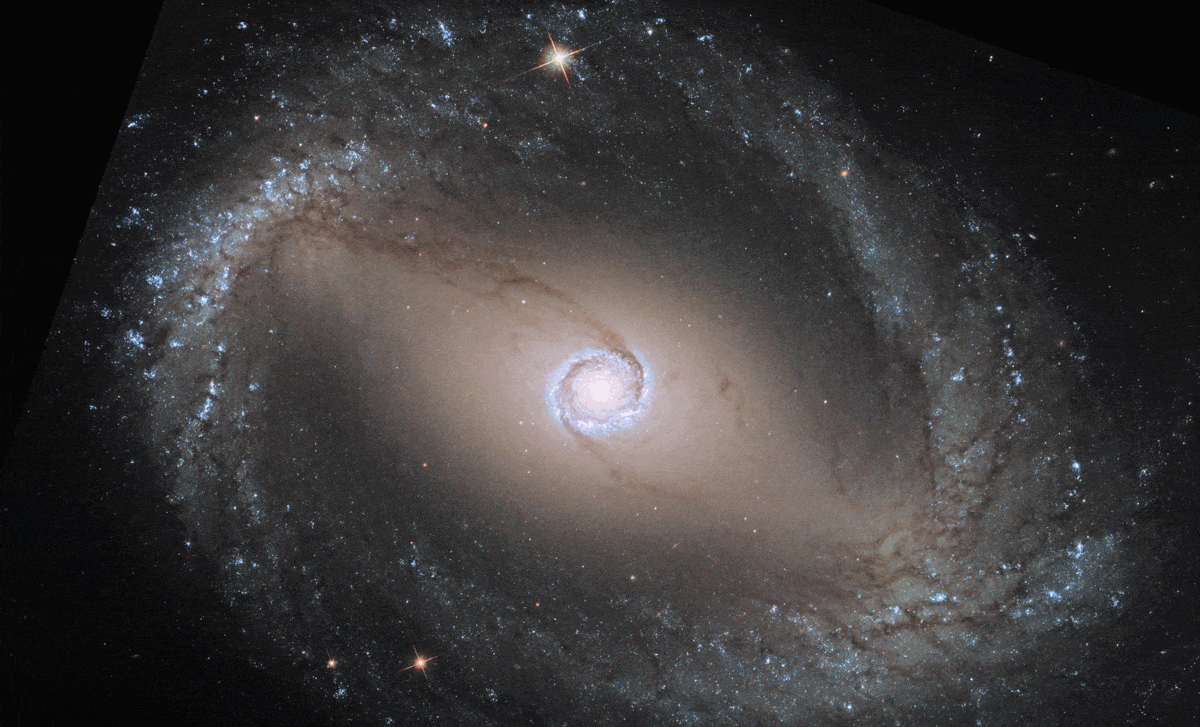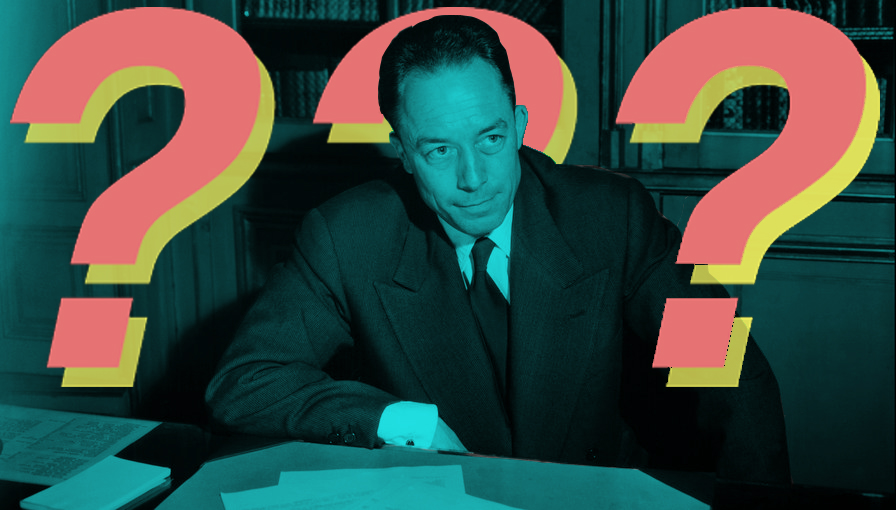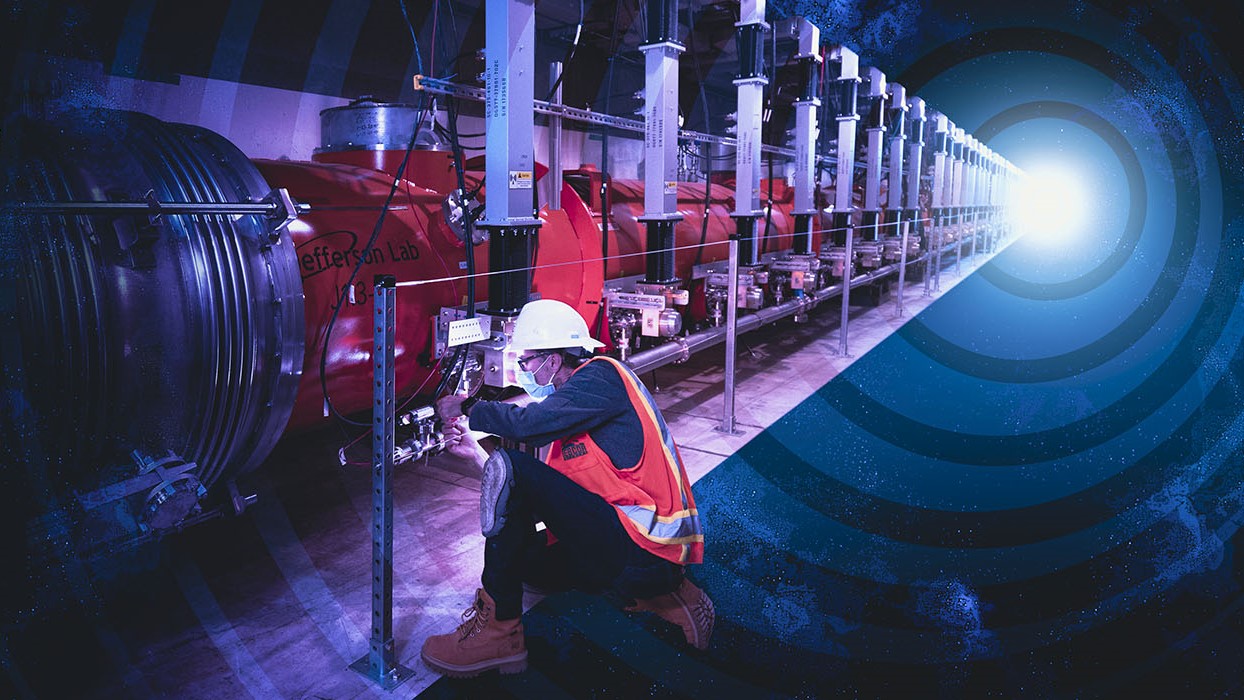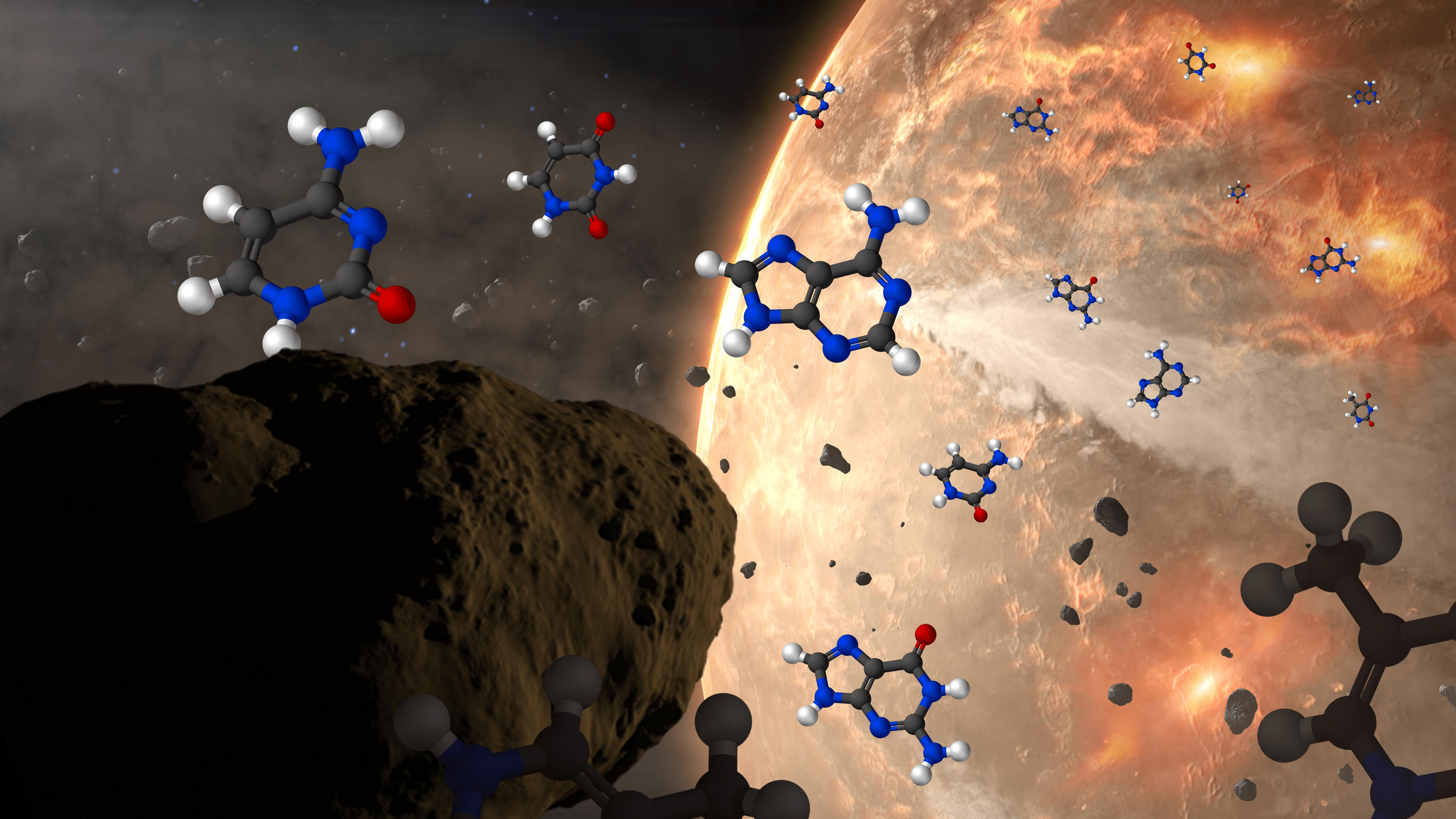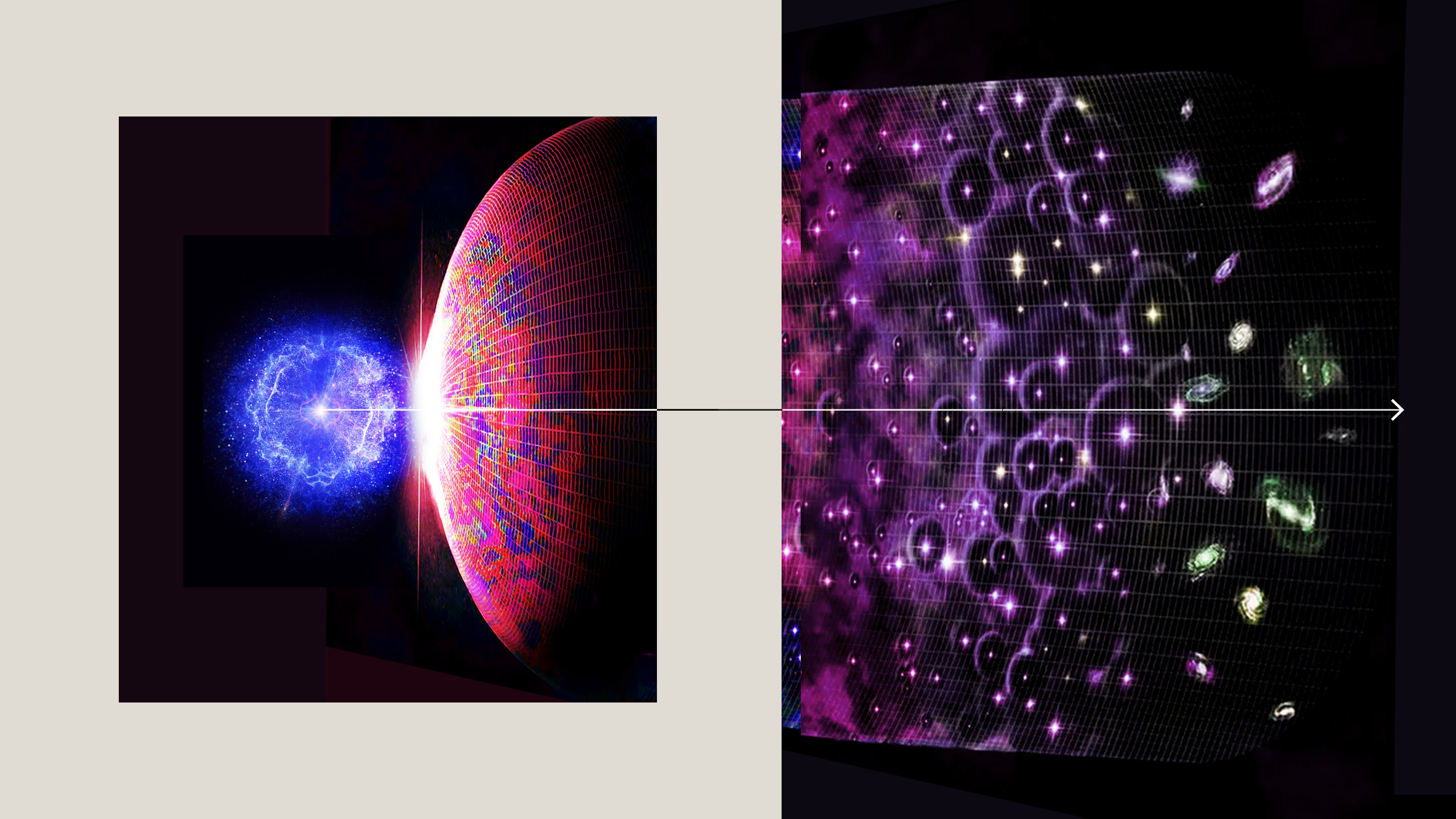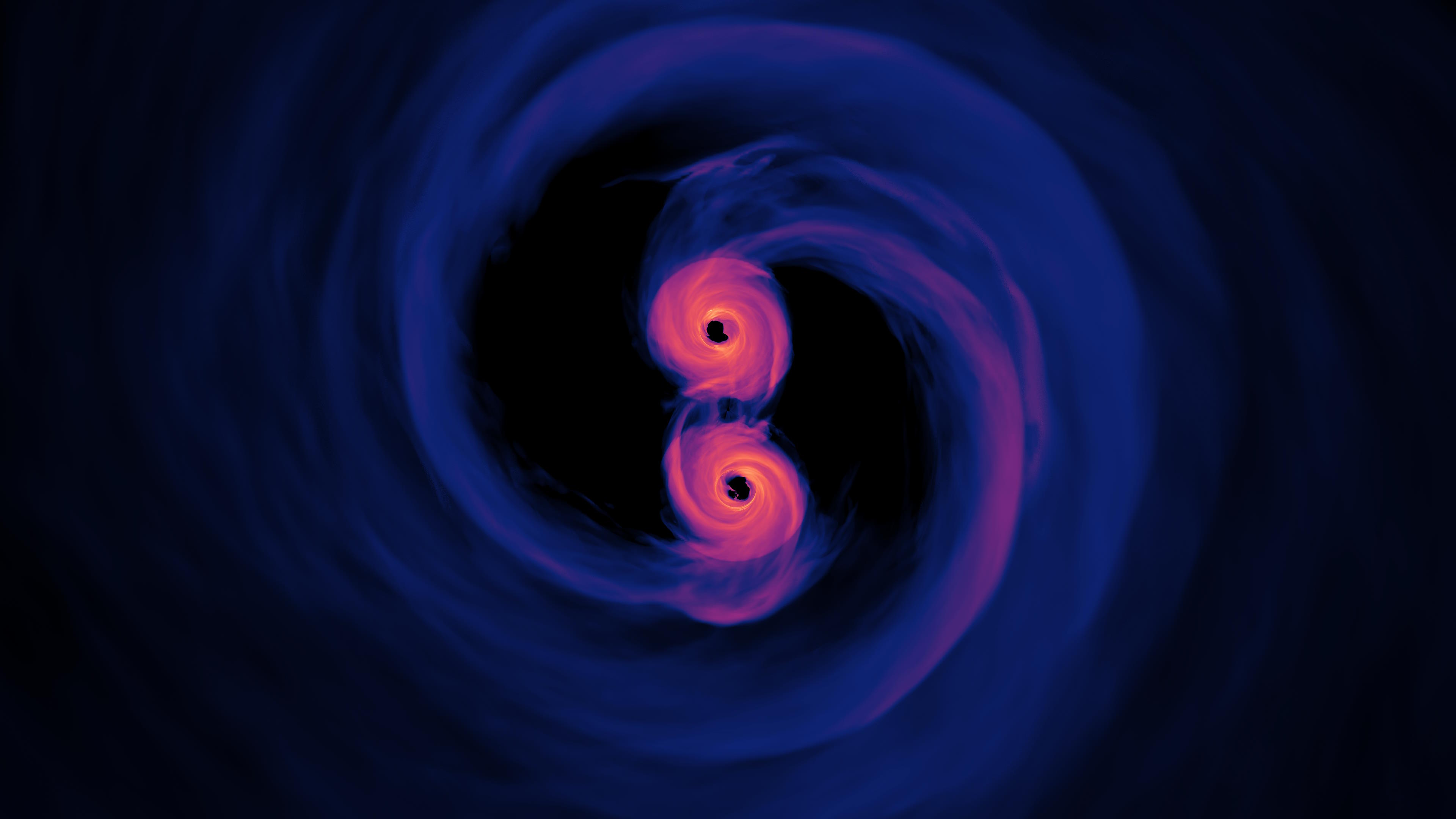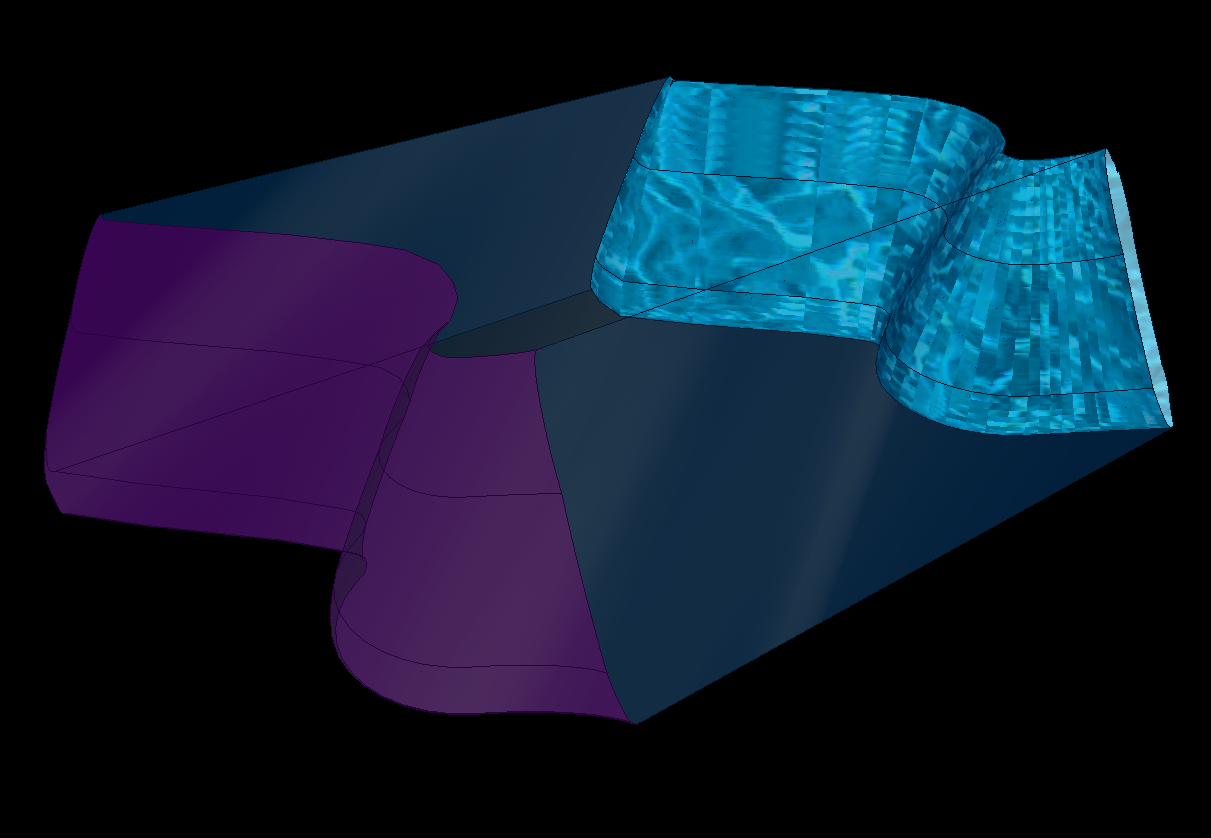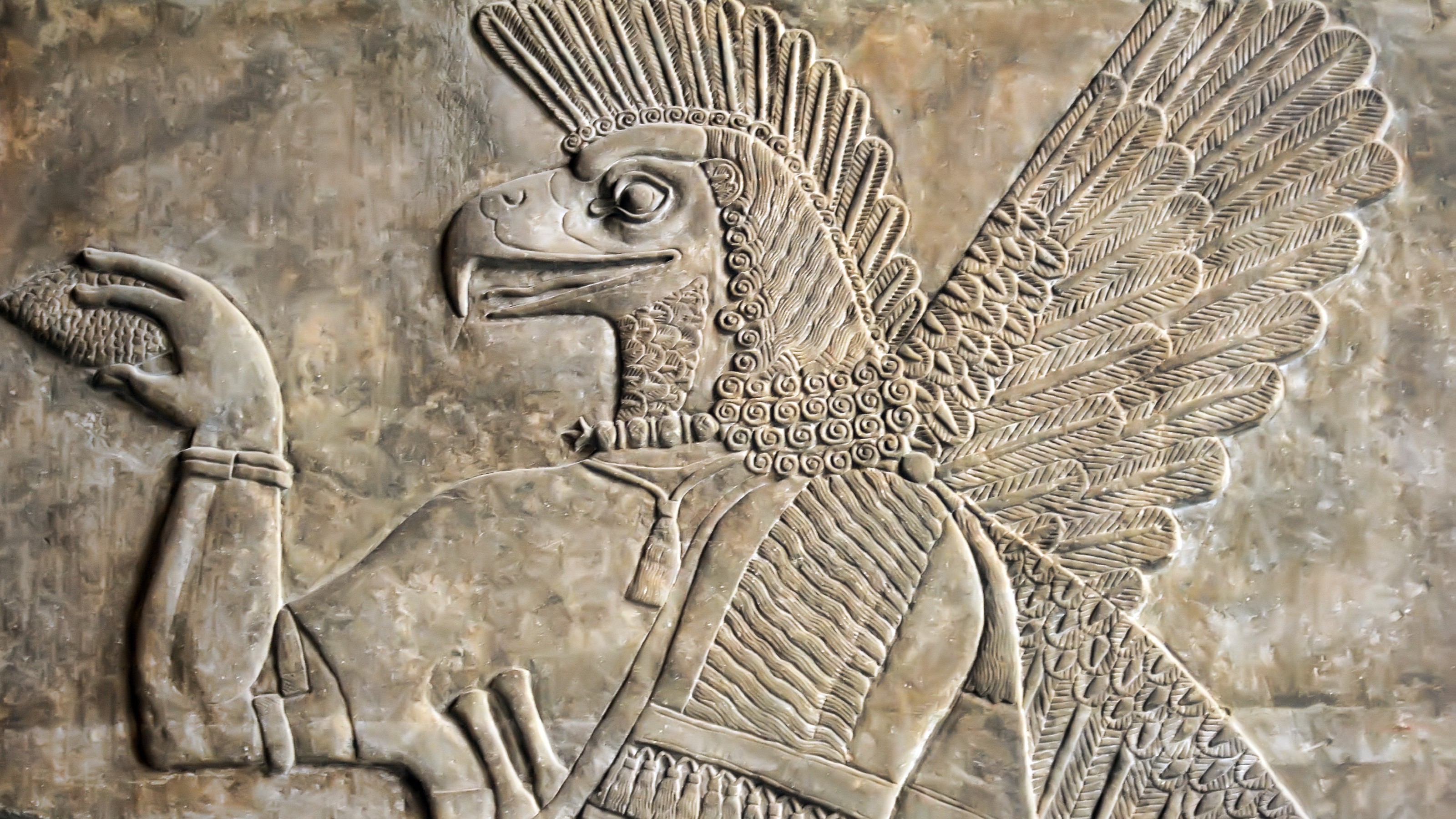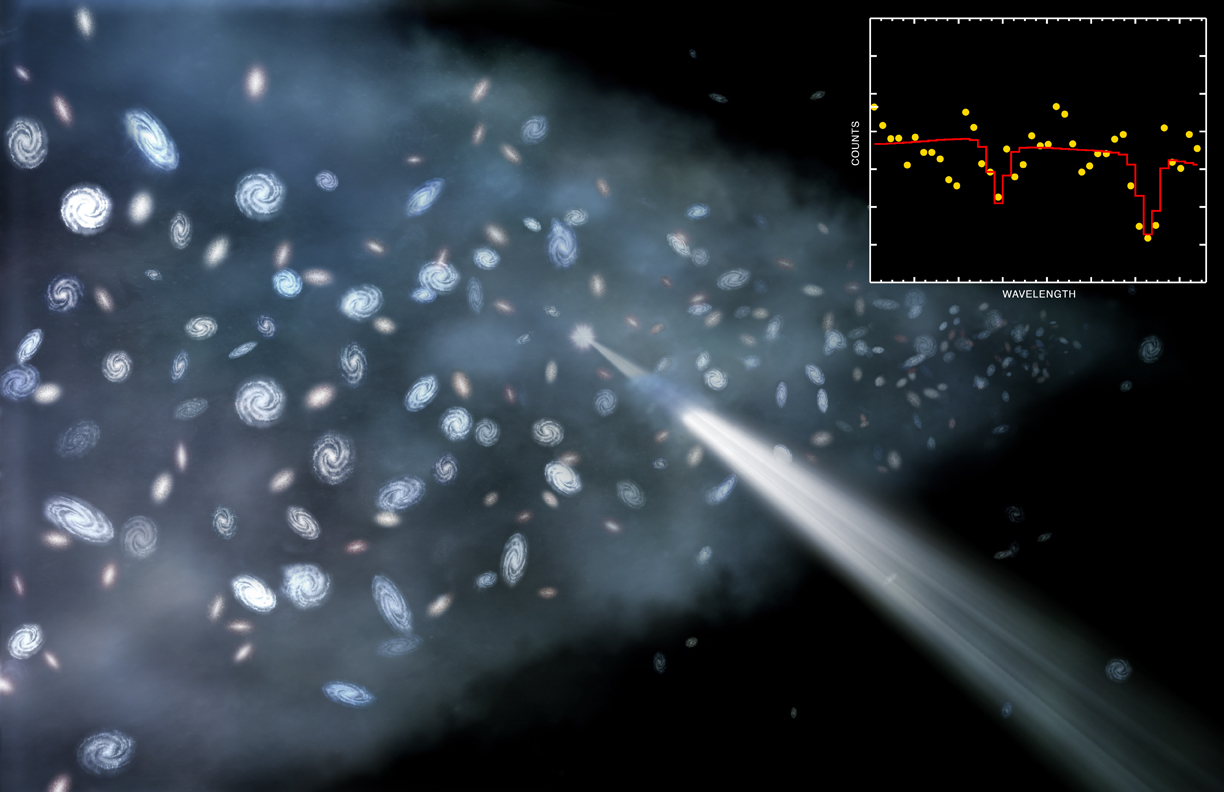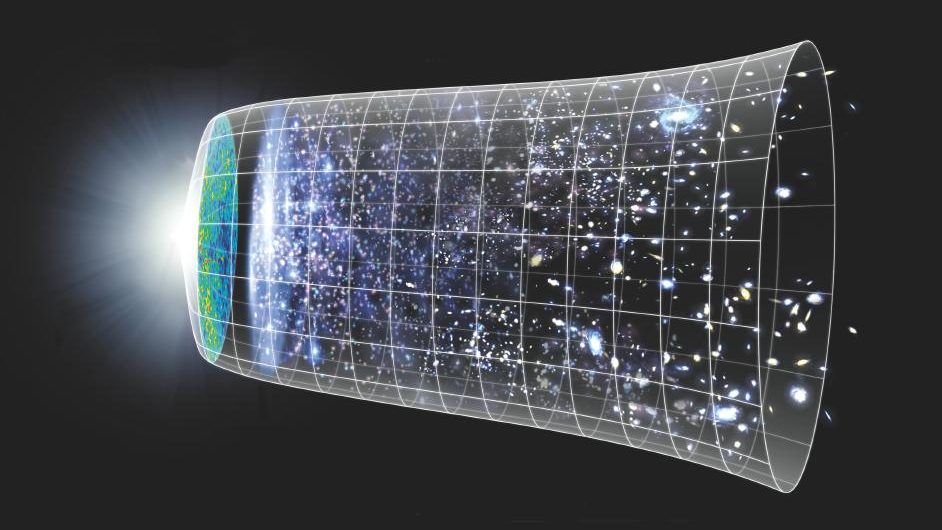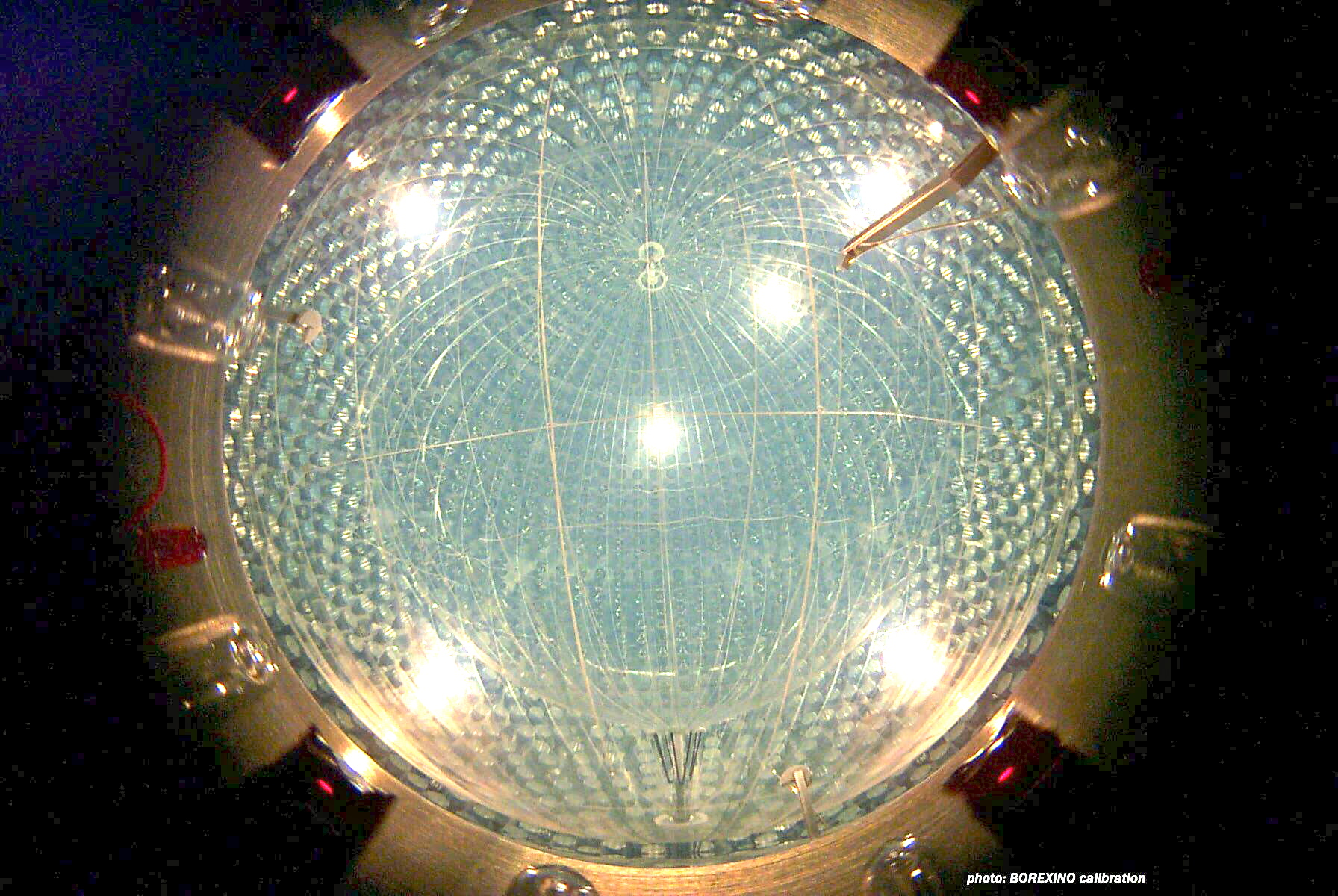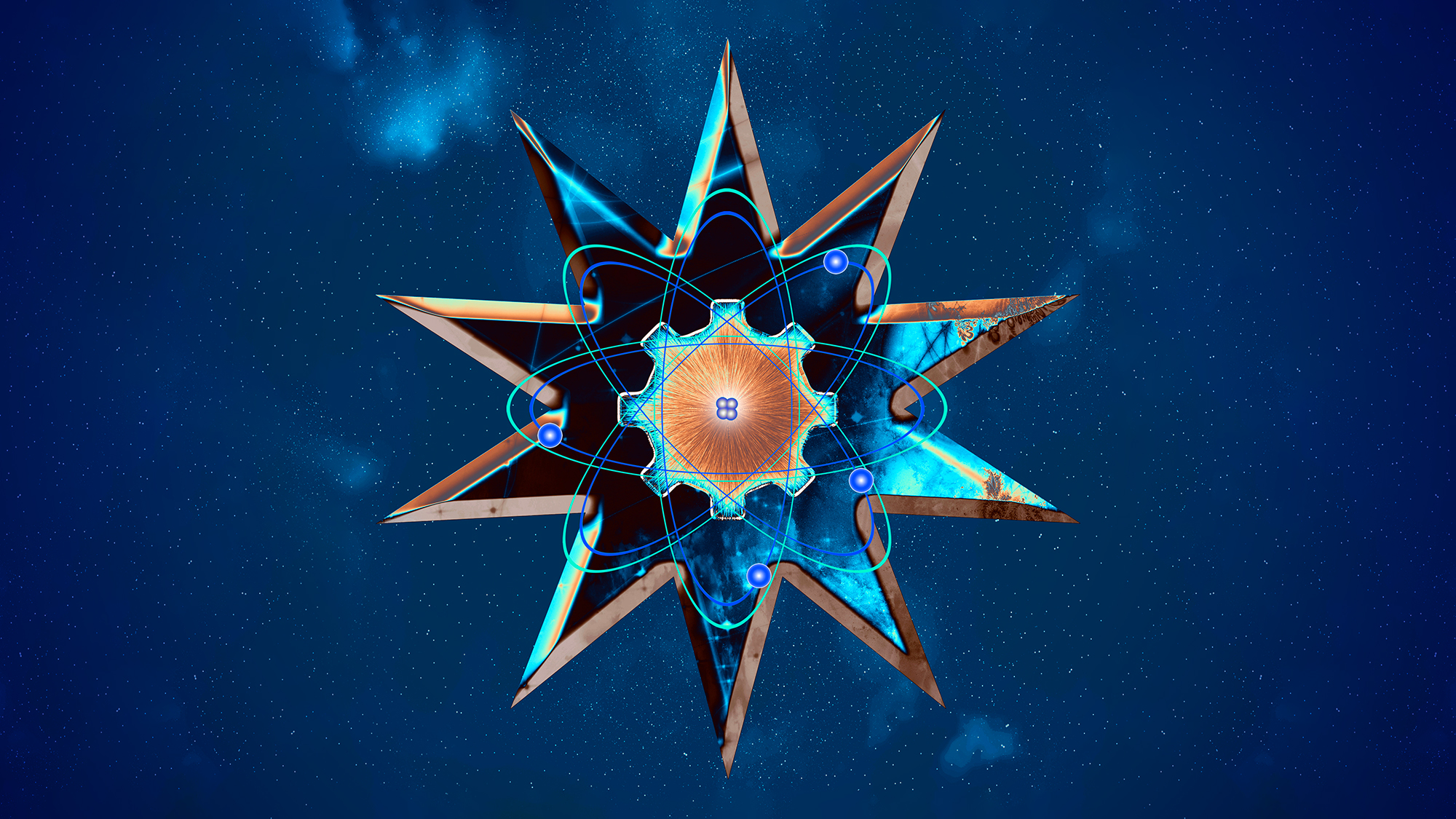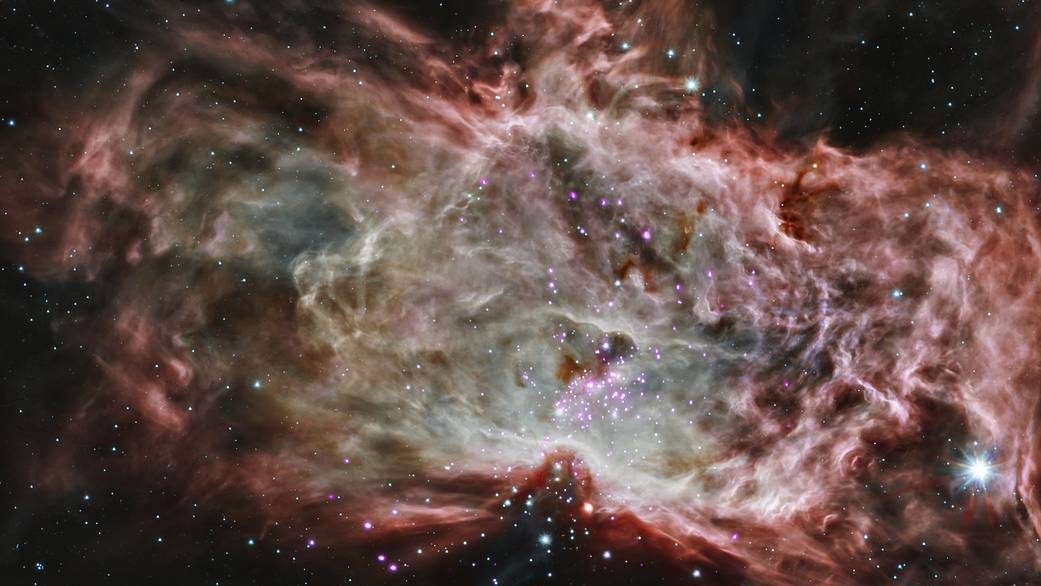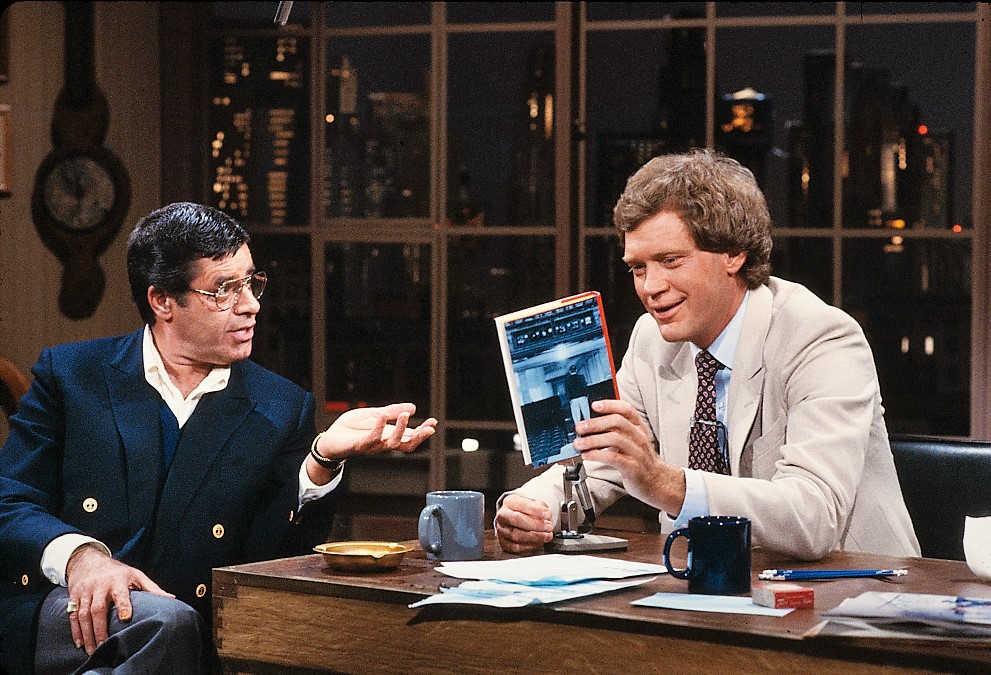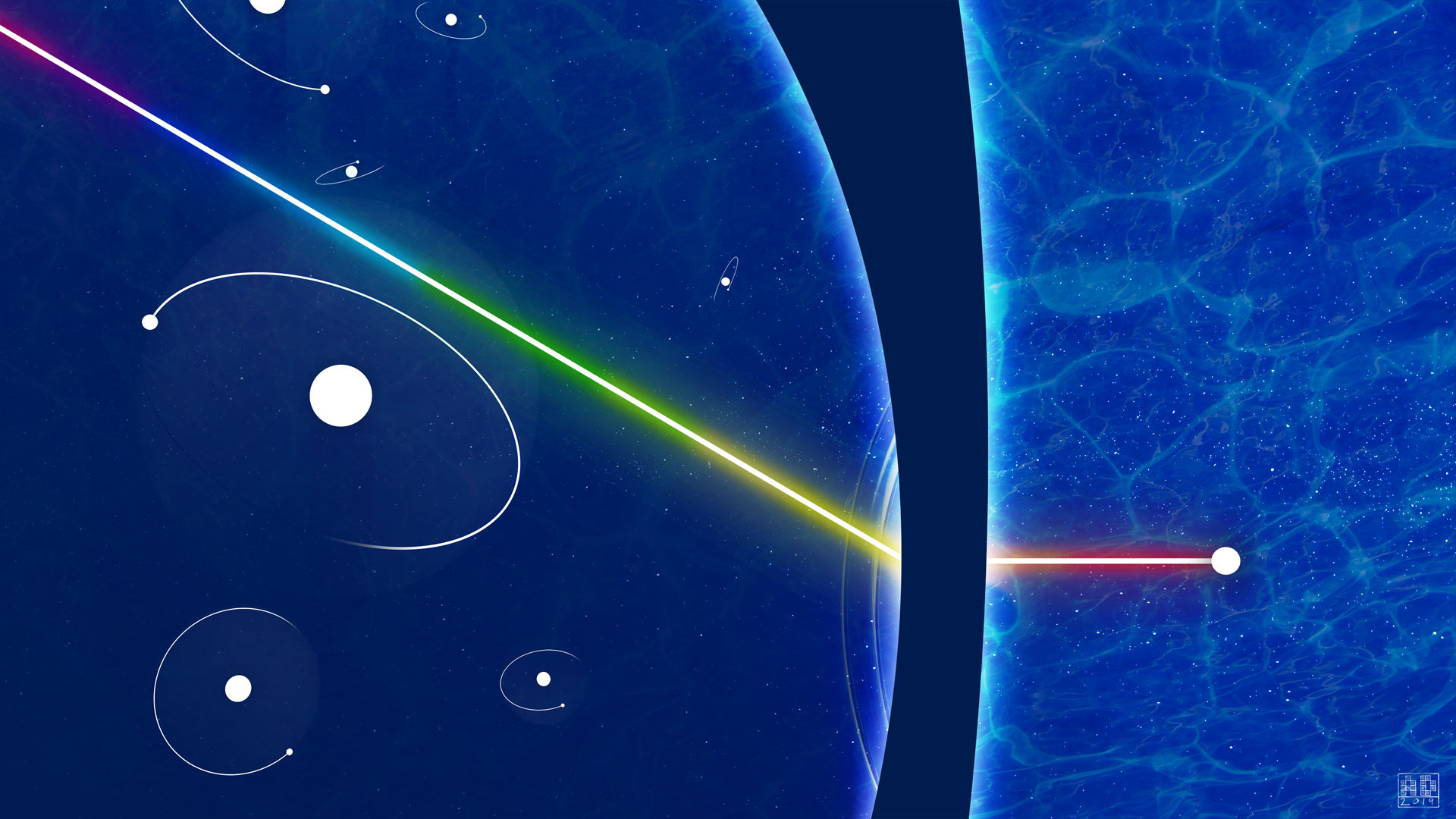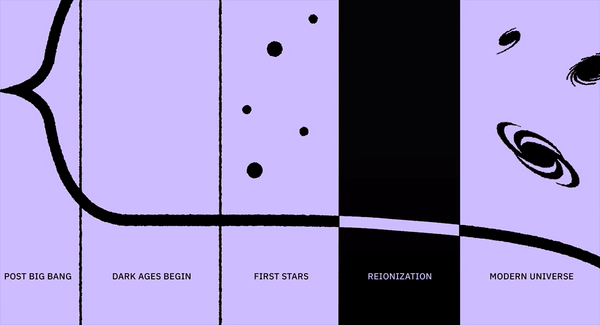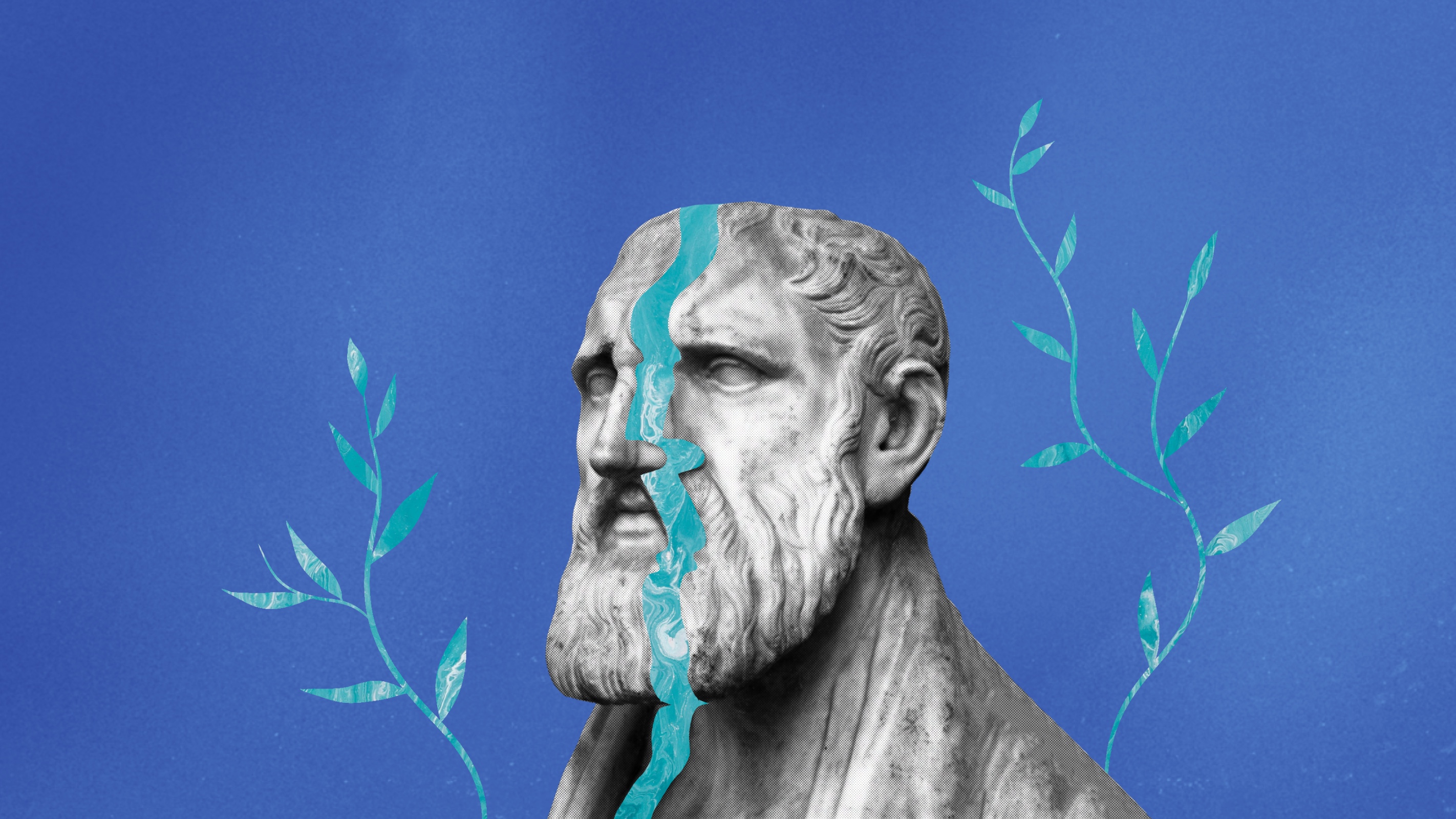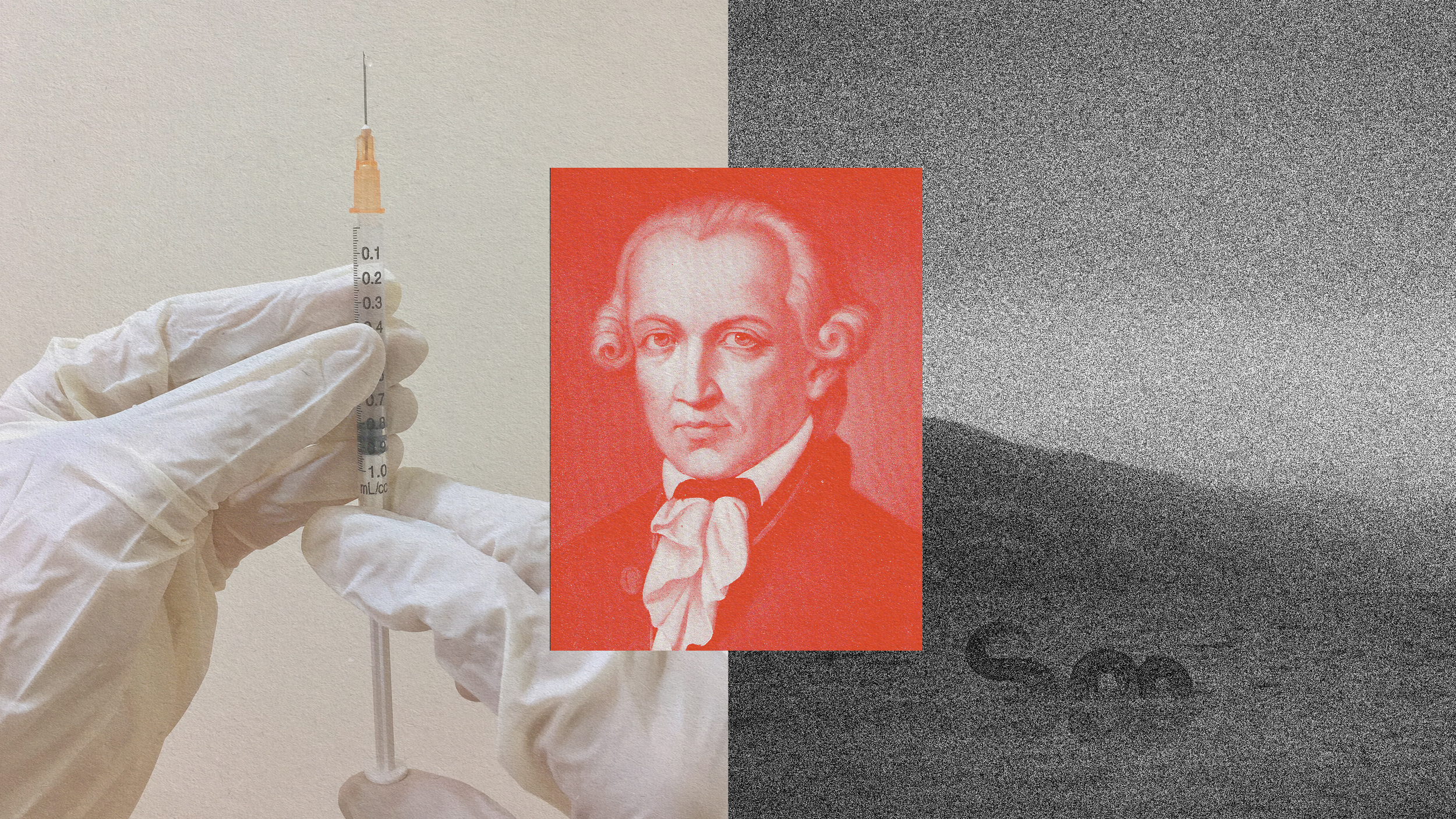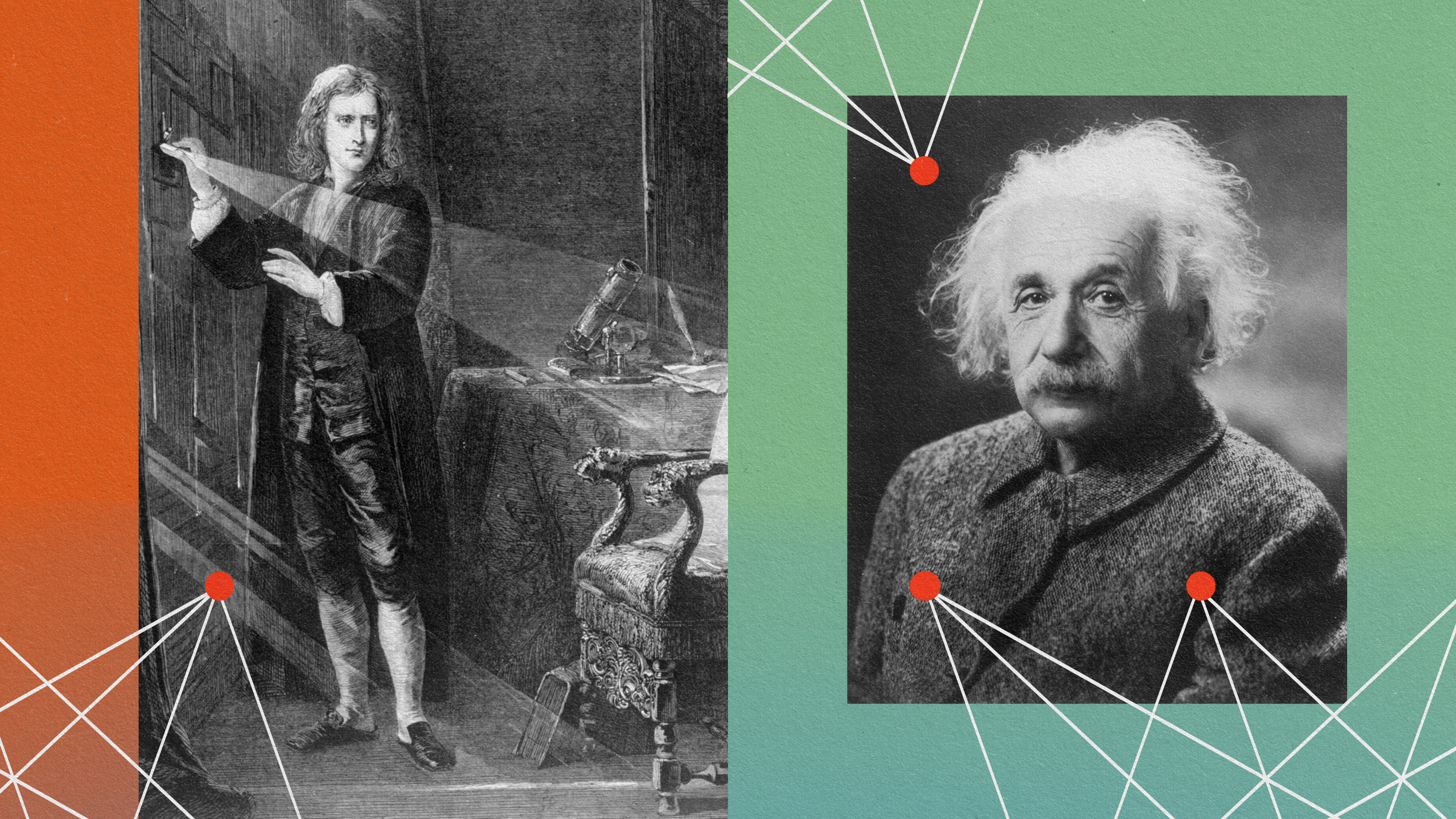In July of 2022, the first science images from JWST were unveiled. Two years later, it’s changed our view of the Universe.
Search Results
You searched for: Imagin today
Albert Camus was a Franco-Algerian philosopher with some great insights on the meaning of life, why you should look to this life and not the next, and why suicide is a poor choice.
Do our thoughts have any meaning whatsoever?
Here on Earth, we commonly use terms like weight (in pounds) and mass (in kilograms) as though they’re interchangeable. They’re not.
We bring multifaceted selves to our interactions, and in these interactions co-create each other again and again.
The largest particle accelerator and collider ever built is the Large Hadron Collider at CERN. Why not go much, much bigger?
It’s been 65 years since Richard Feynman saw “plenty of room” in the nano-world. Are we finally getting down there?
When the Universe was first born, the ingredients necessary for life were nowhere to be found. Only our “lucky stars” enabled our existence.
Nicole has been dating someone for a while but it’s not working out from her point of view. Is sudden radio silence an ethical option?
On the largest of cosmic scales, the Universe is expanding. But it isn’t all-or-nothing everywhere, as “collapse” is also part of the story.
“We should be informed and educated about the risks of AI, but we can’t be afraid,” Khan Academy founder Sal Khan told Big Think.
How we organize all our digital stuff — from work research to side hustles to family photos — is key to our productivity.
Gravitational waves carry enormous amounts of energy, but spread out quickly once they leave the source. Could they ever create black holes?
Three fundamental forces matter inside an atom, but gravity is mind-bogglingly weak on those scales. Could extra dimensions explain why?
Venerated astrophysicist Carl Sagan entertained the possibility.
Just by observing the tiny amount of deuterium left over from the Big Bang, we can determine that dark matter and dark energy must exist.
If you said “with the Big Bang,” congratulations: that was our best answer as of ~1979. Here’s what we’ve learned in all the time since.
Back during the hot Big Bang, it wasn’t just charged particles and photons that were created, but also neutrinos. Where are they now?
How efficiently could quantum engines operate?
The Universe changes remarkably over time, with some entities surviving and others simply decaying away. Is this cosmic evolution at work?
Late-night shows, developed during the “golden age” of TV, are no longer as relevant in the age of streaming services and Donald Trump.
Historical analyses reveal that crises almost always yield surprising benefits.
Some processes, like quantum tunneling, have been shown to occur instantaneously. But the ultimate cosmic speed limit remains unavoidable.
For 550 million years, neutral atoms blocked the light made in stars from traveling freely through the Universe. Here’s how it then changed.
“We suffer more often in the imagination than in reality.”
The Wharton School professor — and author of Co-Intelligence — outlines ways we can tap into the AI advantage safely and effectively.
In a state of “hyperwar,” accidents or unexpected AI decisions could lead to widespread devastation before humans could intervene.
“I have a friend who thinks vaccines cause autism,” writes Nina. “What can I do?”
Could anyone still meet the Theoretical Minimum?
Who’s afraid of utopia? AI doubters have cold feet. History can warm them.
